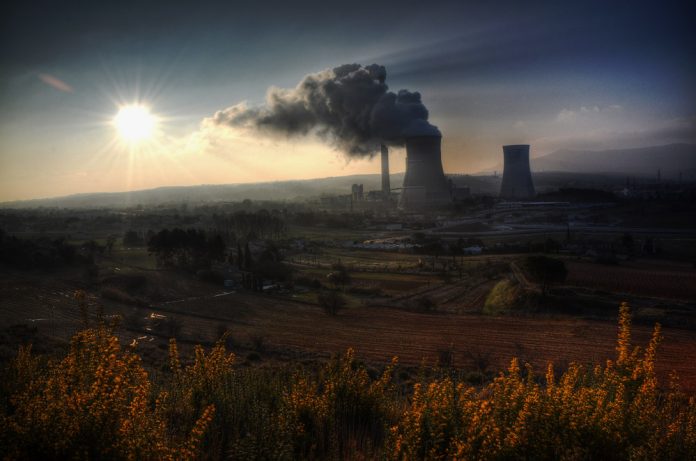A carbon-neutral vision for 2050 was unveiled by the European Commission. It is part of efforts to achieve the bloc’s Paris Agreement obligations.
Commissioner for Energy and Climate Action Miguel Arias Cañete and European Commissioner for the Energy Union Maroš Šefčovič presented the plans at a press conference in Brussels on November 29 – ahead of the COP24 in Katowice, Poland, which kicked off on December 2.
As reported by pv magazine online, the Commission’s plan encompasses all sectors and industries, while focusing on social aspects, to enable a just and fair transition into a carbon-neutral era.
It is still just a vision and has yet to be approved. To this end, the commission has invited the European Council, the European Parliament and the Committee of Regions, as well as the Economic and Social Committee to attend a conference in May 2019, in Sibiu, Romania.
According to a Commission statement released, 75% of the EU’s greenhouse gas emissions derive from the energy sector. The plan proposes relying on 80% renewable energy capacity by 2050.
“The policies put in place so far will go a long way – even after 2030 – but they will only bring us to emission reductions of around 60% by 2050,” said Šefčovič. “This is not sufficient for the EU to contribute to the Paris Agreement’s temperature goals.”
Šefčovič explained that such a policy will reduce fossil fuel imports to the EU and save €2 trillion to €3 trillion after 2030. These savings could be used to cover the investments needs of €175bn to €290bn per year needed to achieve a net zero greenhouse gas economy.
Currently, the EU pays around 2% of GDP into its energy system; to achieve carbon neutrality, investments would need to be ramped up to meet 2.8% of GDP.
“It is possible with current technologies and those close to deployment,” said Cañete. “And it is in Europe’s interest to stop spending on fossil fuel imports and invest in meaningful improvements to the daily lives of all Europeans. No European, no region should be left behind. The EU will support those more impacted by this transition so that everyone’s ready to adapt to the new requirements of a climate neutral economy.”
According to pv magazine, whether the Commission can execute such an ambitious plan, which is adopted across all levels of the EU and its member states, remains to be seen.

